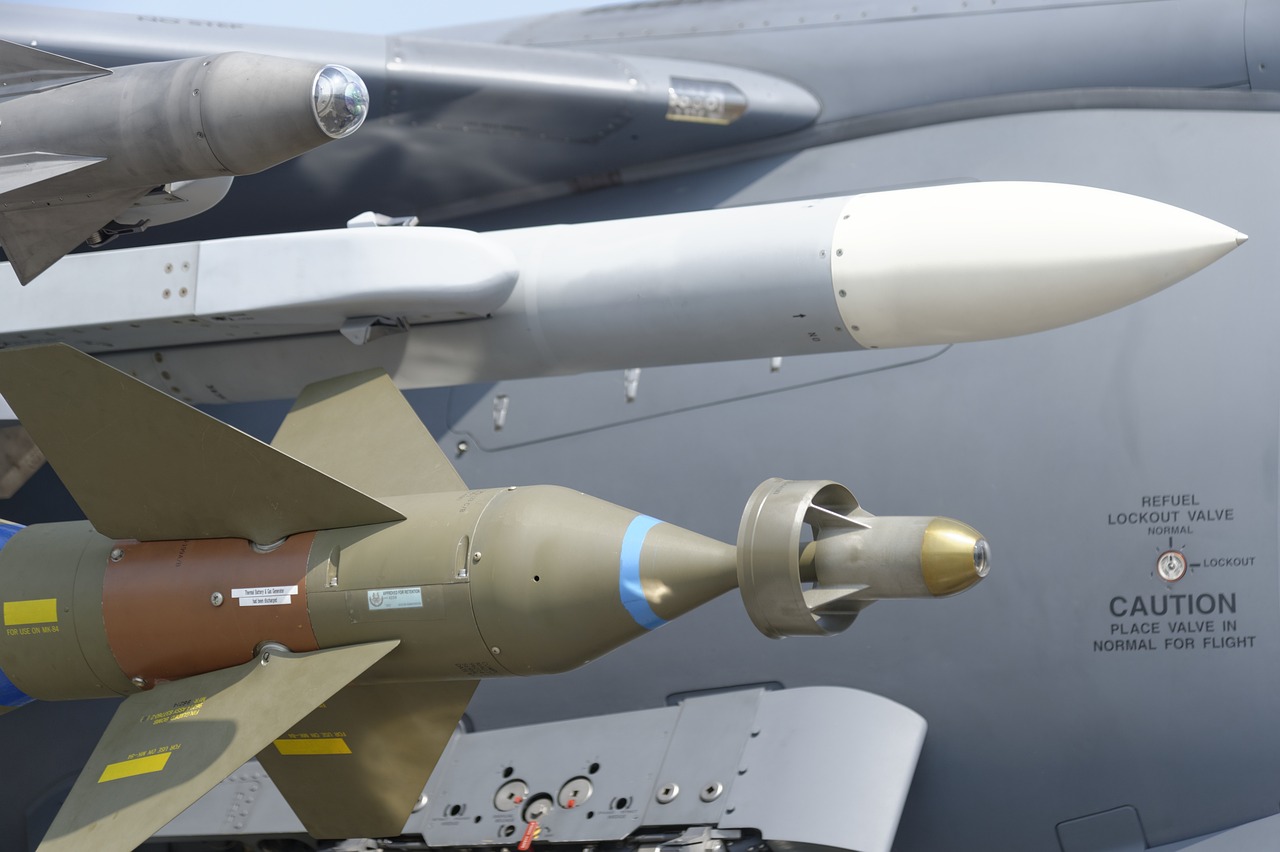In a significant escalation of regional tensions, Israel has conducted airstrikes against Iranian targets in response to a recent missile attack attributed to Iranian forces. This development raises alarms about the potential for broader conflict in an already volatile Middle East, where rivalries and historical grievances often fuel cycles of violence.
The Context of the Attack
The airstrikes come in the wake of a missile assault on Israeli territory, which officials claim was orchestrated by Iran or its proxy groups. This pattern of retaliatory strikes underscores the ongoing conflict between Israel and Iran, characterized by a complex web of alliances and animosities. Iran’s support for militant groups such as Hezbollah and Hamas has long been a point of contention for Israel, which views these groups as existential threats.
Risks of Escalation
The retaliatory nature of Israel’s strikes poses significant risks of further escalation. Both nations have a history of responding to provocations with military action, and this incident could spiral into a larger conflict. The involvement of regional actors, including proxy forces and allies, complicates the situation even further. Escalation could draw in other nations, exacerbating the already precarious security environment in the region.
International Reactions
The international community is closely monitoring the situation. Western allies of Israel, particularly the United States, may find themselves in a delicate position. While they typically support Israel’s right to defend itself, there is concern that escalating military actions could undermine diplomatic efforts aimed at curbing Iran’s nuclear ambitions and stabilizing the region.
The Broader Implications
This incident highlights the broader geopolitical struggles in the Middle East, where power dynamics are constantly shifting. The ongoing conflict in Syria, tensions in Iraq, and the Israeli-Palestinian conflict all intertwine with the Iran-Israel rivalry, making any military action fraught with broader implications. As regional players assess their interests and alliances, the potential for miscalculation remains high.
Conclusion
Israel’s airstrikes against Iran represent a significant moment in the ongoing conflict between the two nations, one that could lead to further military confrontations and destabilization in the Middle East. As tensions escalate, the international community must engage in diplomatic efforts to mitigate the risk of a larger conflict and work toward long-term solutions for peace and stability in the region. The situation remains fluid, and continued vigilance is essential to avoid a spiral of violence that could engulf the region.



